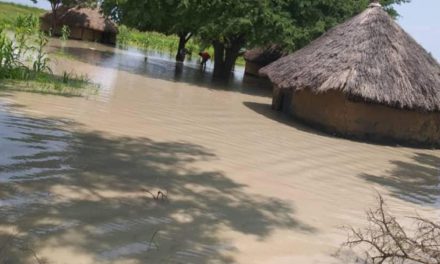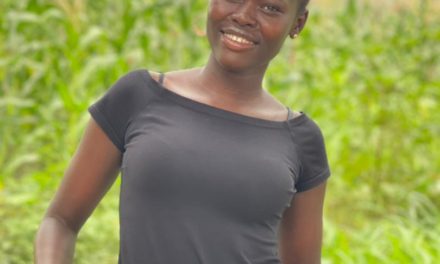
Radio Stations Warned Against Playing Misleading Music About Coronavirus

Music is supposed to be a language that is at once abstract and entirely accessible, endlessly fascinating to the brain and capable of provoking profound emotional response.
With or without awareness, humans are extremely sophisticated in taking in, processing, and interpreting sound, according to the Music Institute of Chicago.
Some singers in South Sudan are instead sent misinformation and the Coronavirus pandemic. Such is singer, Fuji Fumoney who released his hit song ‘Dawa ta Corona de Bangii’, an Arabic phrase which means the medication for coronavirus is weed.
The single was a hit during the coronavirus outbreak in South Sudan and posed as a threat to all the sensitization messages being directed to the public by health officials from the Health Ministry and the World Health Organization (WHO) to help contain the virus.
This provoked the Health Ministry to issue a warning to radio stations who give their airtime to play misleading songs from artists in the country.
Dr. Thuou Loi, the ministry’s spokesperson said deceptive and misleading information played on radio stations poses a huge threat since the COVID-19 vaccines are still at a testing phase.
“There is nothing like “Dawa ta Corona de Bangii!” Dr Loi said
“We intensely warn all media houses to desist from spreading incorrect information about COVID-19, mostly through playing songs that spread wrong massages.”
Loi said such songs may mislead the public to believe what the singers put into their lyrics. He urged media houses to only use correct COVID-19 information verified by the Ministry of Health and the World Health Organization.
Daliya Martin, a 16-year-old visually impaired teenager has slammed South Sudanese artists for releasing misleading information through their songs.
An upcoming artist, Daliya, who listened to “Dawa ta Corona de Bangii” said the song exhibits some vibes of talent but the lyrics are filled with misleading information about the pandemic.
She called on artists to be responsible and compose educative and informative songs for the benefit of the society.
“Reality should be told, if you’re a musician then be one that can pass informative information to the people.” Martin said.
“How can you sing such a discouraging song to the people at this critical time of the pandemic?” she questioned.
Martin said musicians should realize the power of their music and treat the music industry professionally by using their talent to inform, educate and entertain their communities instead.
“Now that you are telling people through your song that the medicine for coronavirus is Bangii (weed) what if a child or an old person decides to smoke weed and they get affected who will be held responsible?” Martin asked.
She said musicians should sing songs encouraging and inspiring songs and wished radio stations could stop giving such singers airtime.
“I wish radio stations could stop playing that song Dawa ta Corona de Bangii because the song doesn’t have a meaning at all. I wish authorities could look into this issue” Martin told The Insider, advising singers to hire good song writers.
Among the COVID-19 safety guidelines prescribed by the World Health Organization, weed or marijuana is not anywhere close.
Marina Modi, a concerned citizen explained that in times of crises be it political, economic or health, people need updates on what progress has been made, especially when these instances affect them.
“It’s very important that we are careful with what information we share with other people. The information that we share should not be different from what experts say and we should make sure that we pass the right information even through the music that we listen to,” Modi told The Insider.





















Recent Comments